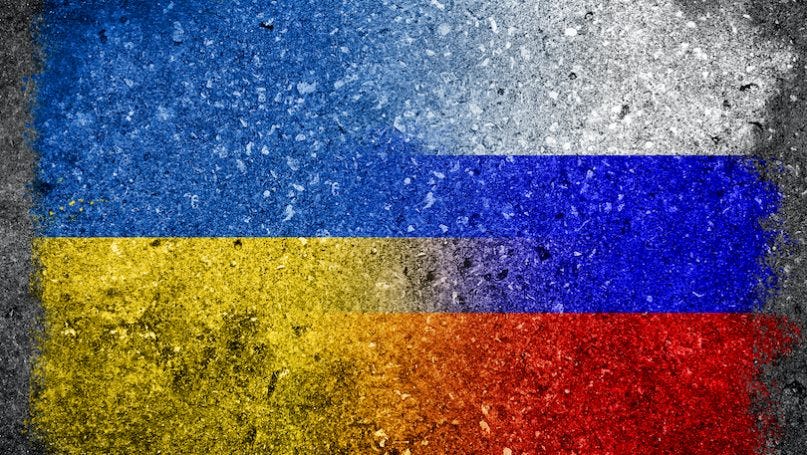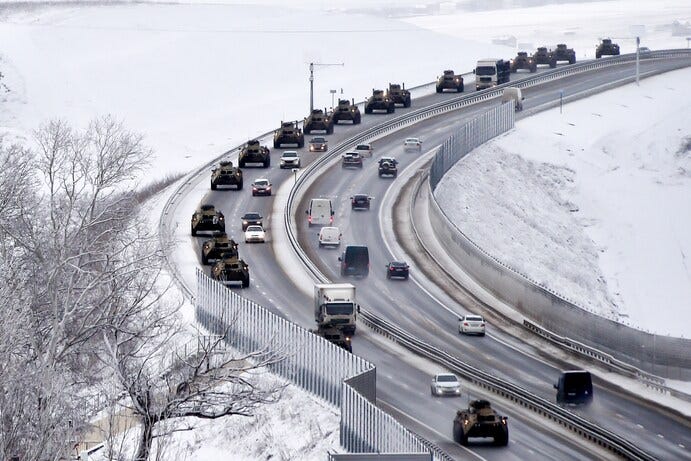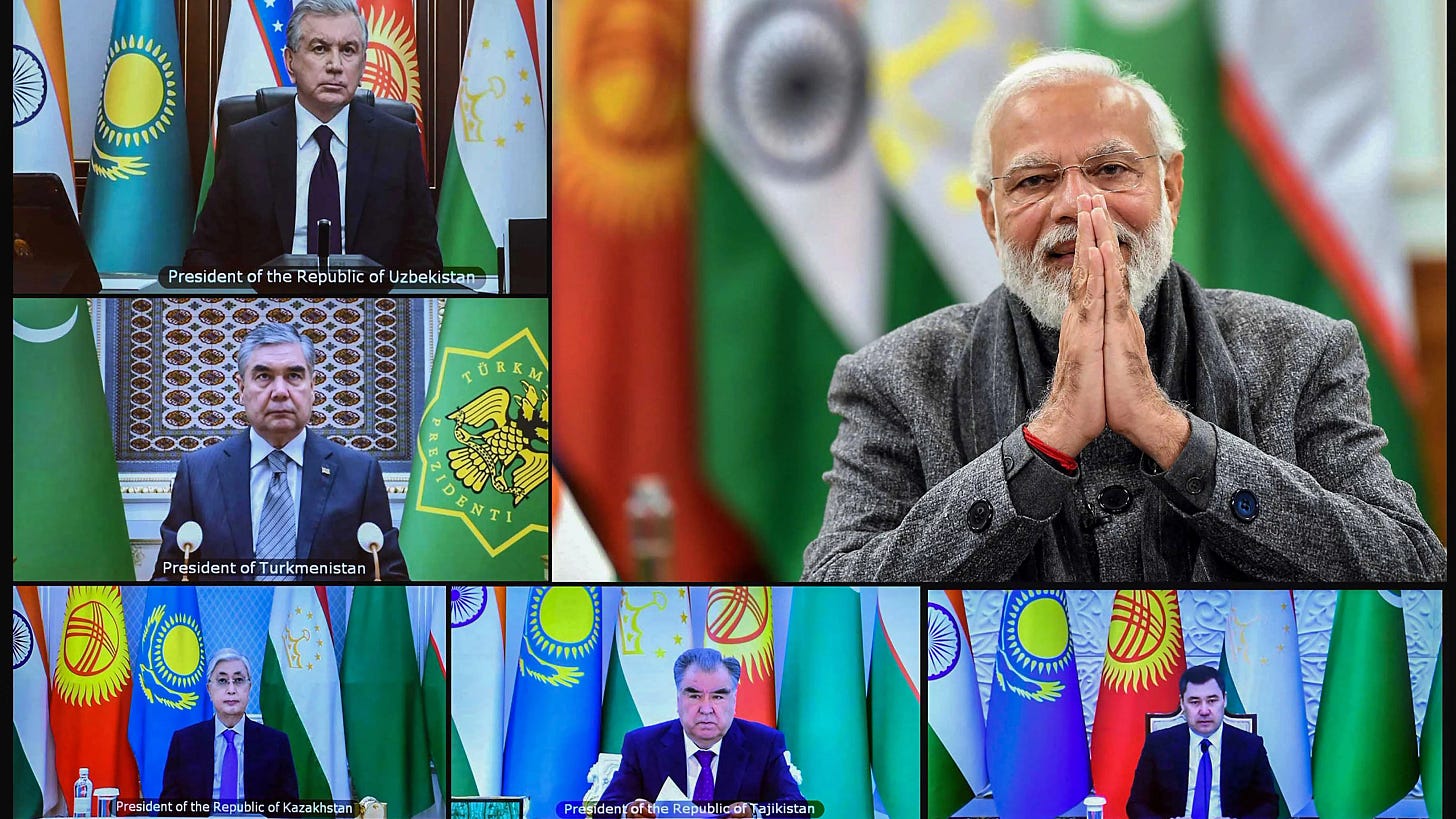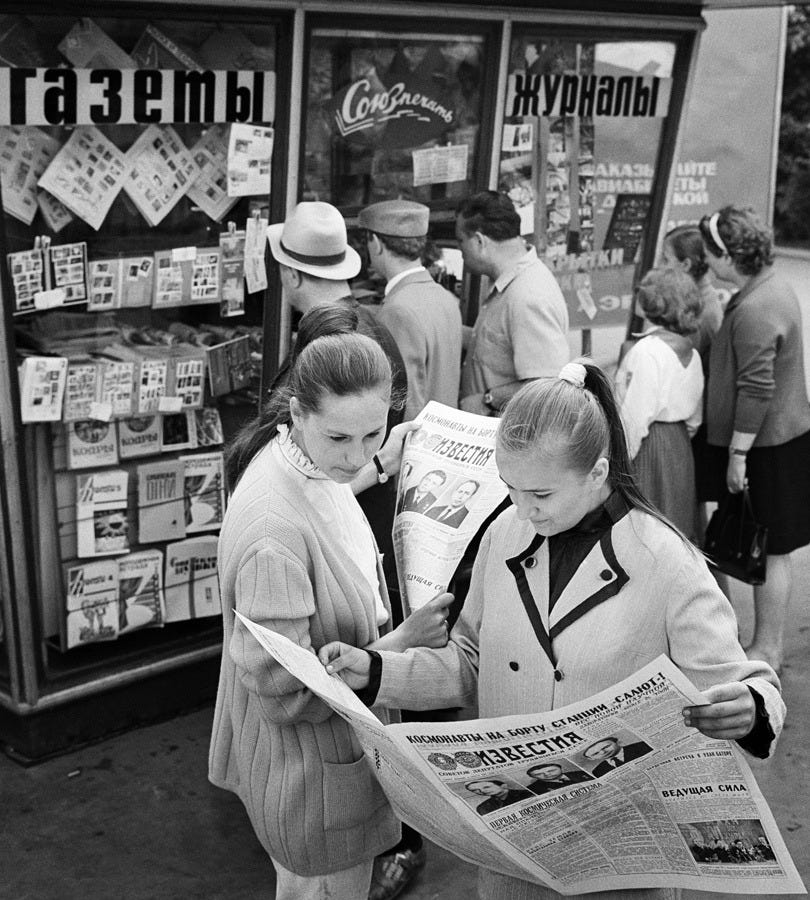A lot of ink has been spilled in recent weeks on what President Putin actually craves for in Ukraine while the West remains baffled about the likely scenario. The United States is pre-occupied working out the permutations and combinations, investing its diplomatic energy to evade a possible conflict, while sending military aid to Ukraine amid the standoff. Both Washington and Moscow have exchanged the written responses regarding the security gurantees, as did NATO. The US and NATO has ignored Moscow’s fundamental demands, President Vladimir Putin told a news conference on Tuesday.
Though, according to documents seen by Spanish daily newspaper El País, the United States and NATO have sent Russia proposals for disarmament and trust-building measures which could de-escalate the situation in the region.
Direct talks were held between US and Russia over the last weeks, coupled with Russia-NATO and Russia-OSCE dialogue, with no quick breakthrough. Though, both the sides have not walked off the diplomatic ramp, while sticking to their respective rhetoric on Ukraine.
NATO has also called for putting forces on standby and reinforcing eastern Europe with more ships and fighter jets. The US department of Defense said about 8,500 American troops were put on heightened alert. According to reports, close to 90 tonnes of US military aid has arrived in Kyiv given that US President Joe Biden approved the $200m (£147.5m) security support package in December.
The State Department said on Sunday that it had ordered family members of US Embassy personnel in Kyiv, to leave the country amid increasing concerns about a possible Russian invasion. Moscow labelled these moves as Western “hysteria” with Foreign Minister Lavrov repeating that Moscow has no plans to attack its neighbor.
“If Russia wants to begin to convince the world that it has no aggressive intent toward Ukraine, a very good place to start would be de-escalating,” US Secretary of State Blinken said at the end of his three-day European trip.
Britain took a step further and claimed that Russia is seeking to replace Ukraine’s government with a pro-Moscow administration, identifying a former Ukrainian lawmaker it says the Kremlin is considering as a potential candidate.
"We have information that indicates the Russian Government is looking to install a pro-Russian leader in Kyiv as it considers whether to invade and occupy Ukraine. The former Ukrainian MP Yevhen Murayev is being considered as a potential candidate," the UK Foreign Secretary Liz Truss said in a statement.
Experts argue that the military action aimed at Ukraine is due to Moscow’s resentment with Kyiv about not fulfilling the Minsk agreement. It is also partly a consequence of Ukraine’s tilt towards the West, whether it’s about getting military help or otherwise.
At Monday's UN Security Council meeting, Russian Ambassador Vasily Nebenzya said there was no proof that Russia was planning military action against Ukraine, and that its troop build-up was not confirmed by the UN. India on Monday abstained from a procedural vote taken in the UN Security Council ahead of a meeting to discuss the situation on the Ukraine border. Russia and China voted against the meeting, while India, Gabon and Kenya abstained. All other 10 Council members, including Norway, France, the US, the UK, France, Ireland, Brazil and Mexico, voted in favour of the meeting going through.
Amid the call for sanctions on Russia, it is unlikely to deter Moscow’s plans. The White House has said that it is ready to impose sanctions on President Putin's "inner circle" if an attack on Ukraine goes ahead. Russia's embassy in Washington said that Moscow will not back down in the face of US sanctions threats over Ukraine.
On Wednesday, the Pentagon announced additional US military deployments to eastern Europe. They will include roughly 2,000 US troops to Poland and an additional few thousand to southeastern NATO countries, including Romania. The deployment of US troops in Europe is the proof that Russia has reason to be worried, Kremlin spokesman Dmitry Peskov stated in an interview.
Coercive diplomacy is at play and the unfolding of events haven’t cleared the uncertainity surrounding the region. The eerie calm on the Ukrainian border is awaiting a surprise?
India-Central Asia summit: Strengthening of ties
The India-Central Asia summit marked 30 years of diplomatic relations.
The first India-Central Asia Summit was hosted by Prime Minister Modi with the Presidents of Kazakhstan, Kyrgyzstan, Tajikistan, Turkmenistan and Uzbekistan recently. The issue of land connectivity between India and Central Asia’s land–locked countries was one of the top agendas of the virtual summit.
The joint statement emphasised the ties between India and the region which have been historically close, with civilisational, cultural, trade and people-to-people linkages. New Delhi also proposed several high-level exchanges including bi-annual summits, annual meetings of the Foreign, Trade, Cultural Ministers and Secretaries of Security. Two “Joint Working Groups” (JWGs) on Afghanistan and the Chabahar port project were also announced at the summit. The plan to build a “Central Asia Centre” in New Delhi was also discussed.
All the leaders affirmed that for increased trade and strong economic cooperation, mutual connectivity remains a priority. The possibilities of increasing trade beyond $2 billion between the two sides, aided by Iranian ports including the Chabahar port terminal managed by Indian and the International North South Transport Corridor (INSTC) was also noted. The importance of TAPI gas pipeline project that runs from Turkmenistan’s Galknyshk oil fields through Afghanistan and Pakistan to India was also discussed in the meeting.
The Afghanistan issue also figured in the summit, with all the sides mutually sharing the concerns while agreeing to set up a Joint Working Group of senior officials, identifying the need for immediate humanitarian assistance, ensuring the formation of a truly representative and inclusive government, combating terrorism and drug trafficking, and preserving the rights of women children and minorities.”
Interestingly, the summit came two days after after the China-Central Asia Conference where Chinese President Xi offered $500 million in assistance and pledged to increase the trade to $70 billion from the present levels of about $40 billion a year.
In Other News
Putin will travel to China to attend the opening ceremony of the Beijing Winter Olympics on Feb. 4 where he is expected to hold talks with his Chinese counterpart Xi Jinping.
Kazakhstan’s authorities plan to open a permanent mission of the republic at the CSTO in Moscow.
Turkey and Ukraine will sign a free trade agreement during Erdogan’s visit to Kyiv. Erdoğan had said Turkey could mediate between the neighbors amid increasing tensions in the region.
Russia assumed the Presidency of the UN Security Council.
All five Central Asian leaders are will be visiting Beijing on the sidelines of the Winter Olympics.
Nord Stream2 has established a German subsidiary that will manage Nord Stream2 pipeline called Gas for Europe GmbH.
JP Morgan has completely withdrawn from the Russian ruble. The largest US bank has closed all remaining positions in Russian currency, citing unforeseeable risks in connection with the buildup of Russian forces on the border with Ukraine.
Around Russia in 80 Words
President Putin presented the highest state awards to the outstanding citizens in the Kremlin. Over 20 Russian citizens who attained special achievements in science, medicine, aviation, art, business and other areas, were awarded. The Sibir nuclear-powered icebreaker, completed the escort of the Tersky Bereg vessel in the Yenisei River. Share of Russian treasury bills held by foreigners is the lowest since 2015. The US State Department announced that it is recalling the families of US diplomats stationed in Belarus amid the rising tensions in the region.
Keep Tabs On
The construction of the gas interconnector between Serbia and Bulgaria started on February 1. The gas pipeline, with capacity of 1.8bn cubic metres (bcm) per year, will help diversify gas supplies to Serbia, which is currently dependent on imports of Russian gas.
Russia has staged military drills in Transnistria, the pro-Moscow separatist region of Moldova, amid the Ukraine crisis.
The Real Talk
Russia's Tatiana Shaumyan, Head, Centre for Indian Studies, Institute of Oriental Studies, Moscow was honoured by the Government of India with Padma Shri.
The Reader’s Checklist
Pod this Week
From the Vault
A newspaper kiosk in Moscow, 1971







